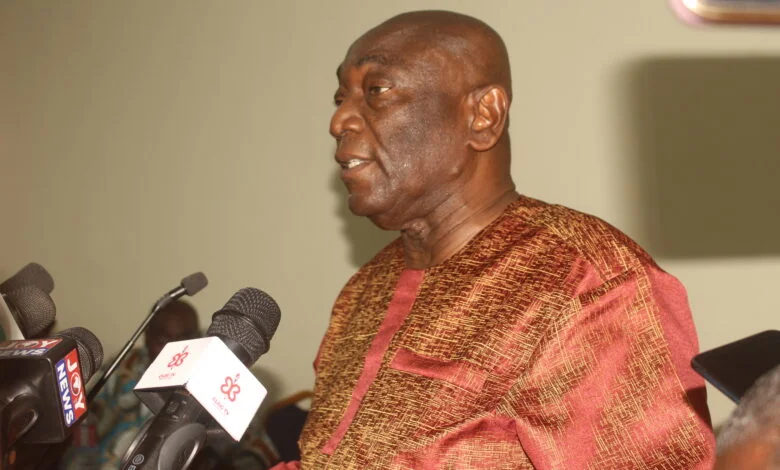Vice President of IMANI Africa, Bright Simons, has cautioned against impulsive military aircraft procurement in the wake of Ghana’s recent helicopter crash, which claimed the lives of eight prominent current and former public officers.
His comments come as the nation grapples with grief and a growing wave of conspiracy theories and policy proposals. Mr. Simons noted that the Trade Unions Congress (TUC) is among groups calling for an immediate purchase of new aircraft for the Ghana Armed Forces.
However, he questioned whether such proposals consider the facts about the helicopter involved in the tragedy.
“It is not clear if the TUC is aware that the Harbin Z-9EC that crashed is one of four very new helicopters purchased in 2015 from China’s CATIC for protecting Ghana’s oil fields”
Bright Simons, Vice President of IMANI Africa
Highlighting that the aircraft was only 10 years old, he emphasised that this was “very young” for military aviation standards and pointed out that the average age of aircraft in the US military is over 28 years, while the widely used Black Hawk helicopters average 18 years.

“Maintenance is critical. But if Ghana has a maintenance problem, that can’t be fixed by just buying new aircraft. A more holistic plan is required,” he stressed.
Investigation Needed
Mr. Simons insisted that without the conclusion of a rigorous investigative inquiry, it is premature to speculate on whether maintenance lapses, pilot error, sabotage, or other factors caused the crash.
“We know for sure that whatever it is that caused the crash, aircraft age can’t be blamed,” he remarked, adding that the Armed Forces’ confirmation of lost radar contact moments after take-off is a crucial detail in the investigation.
He explained that while the flight data and cockpit voice recorders had been recovered, there is no guarantee that all critical logs remain intact.
The IMANI Vice President underscored the investigative challenge posed by the early loss of radar contact, which means much of the “Mode S” ground-based flight data is unavailable. Without this, he said, investigators will have to rely heavily on onboard data recorders.

However, he warned that if the onboard instruments were faulty, verifying their readings against external sources would not be possible.
Citing a precedent, he recalled the May 2014 crash near Takoradi Air Force Base involving a Volta River Aviation Limited helicopter, noting that unexplained data gaps were detected.
“Most bizarrely, the data on the black box related to a successful ground run in 2010. No other flight information was captured on the box, and certainly not the May 2014 accident incident!”
Bright Simons, Vice President of IMANI Africa
That investigation concluded an engine fire caused the crash, based on wreckage evidence rather than recorded data.
Stakes for the Current Investigation
Mr. Simons observed that in the current military crash, damage to the wreckage is far worse and the site appears to have been extensively tampered with. This makes it even more critical that the black box contains a complete trail of parameter readings.
He added that it remains unclear whether there was any emergency “7700” code transmission before the crash. That is the transponder code that signifies a general emergency on board an aircraft. It’s a universal signal used by pilots to alert air traffic control (ATC) about a situation requiring immediate attention and potentially priority handling.

“At this stage, the only thing of note the nation has been told is that radar contact was lost early. We don’t know if this was due to transponder failure, a tactical maneuver, ground radar malfunction, or rapid descent due to mechanical failure”
Bright Simons, Vice President of IMANI Africa
Mr. Simons concluded that unless the recovered flight recorders yield comprehensive information, speculation and conspiracy theories will persist. Nonetheless, he urged the government to focus on identifying the actual cause and addressing any systemic issues rather than rushing to replace the fleet.
“What I know for sure is that this specific tragedy, heartbreaking as it is and all, is not a basis for anyone to start pushing for the procurement of new military aircraft because age was definitely not the determinative factor here”
Bright Simons, Vice President of IMANI Africa
READ MORE: Energy Analysts Urge Oil Companies to Boost Efficiency



















